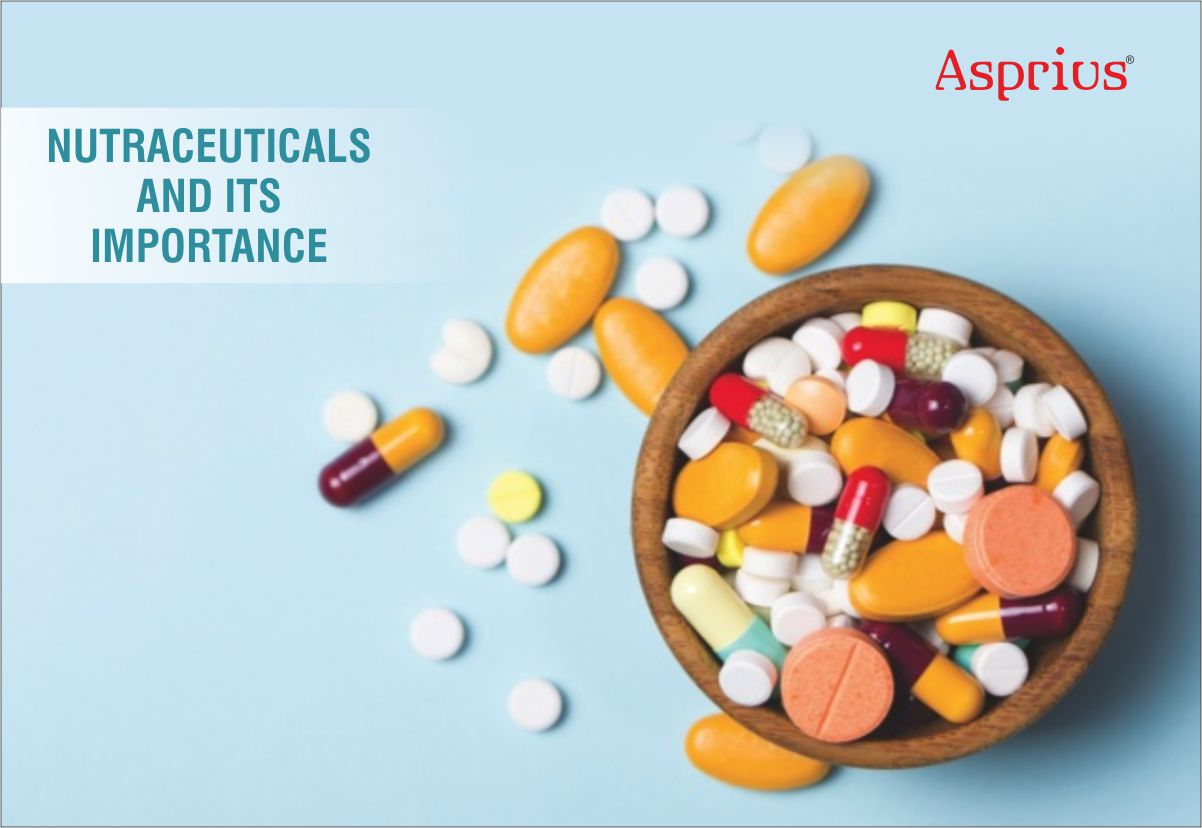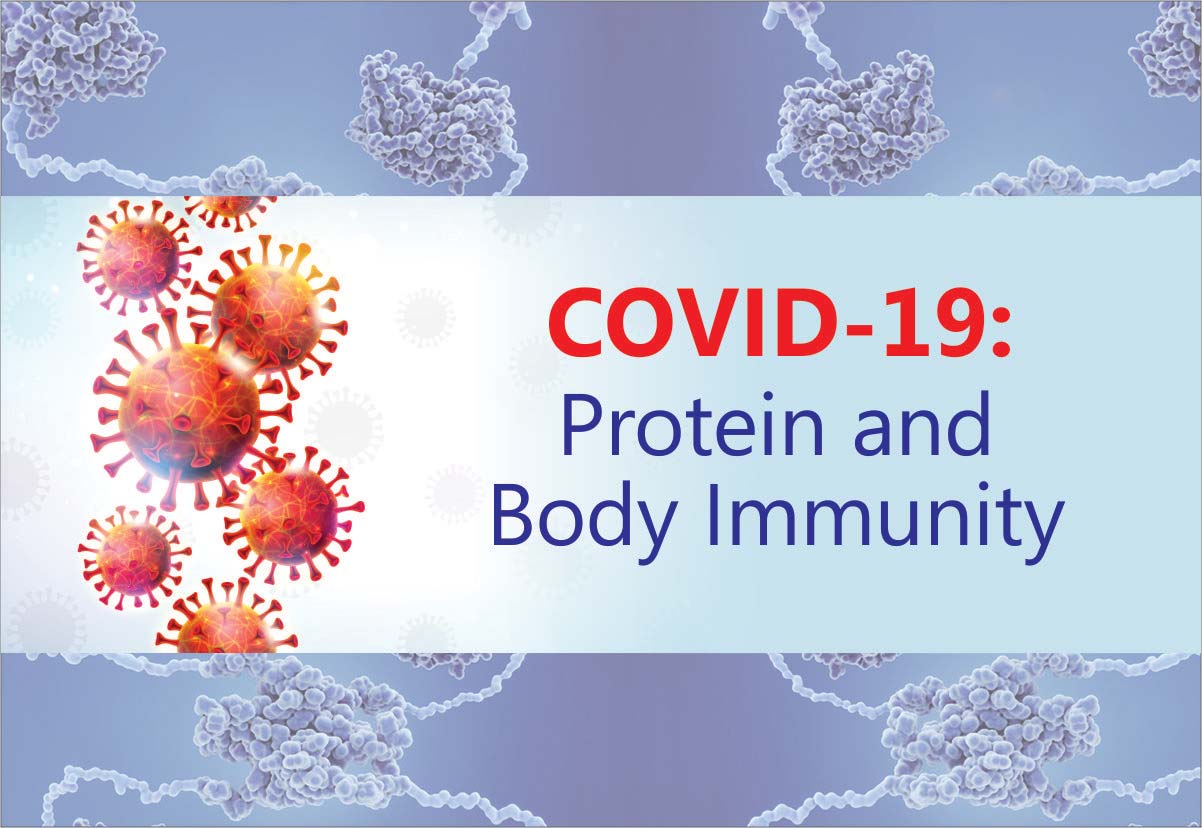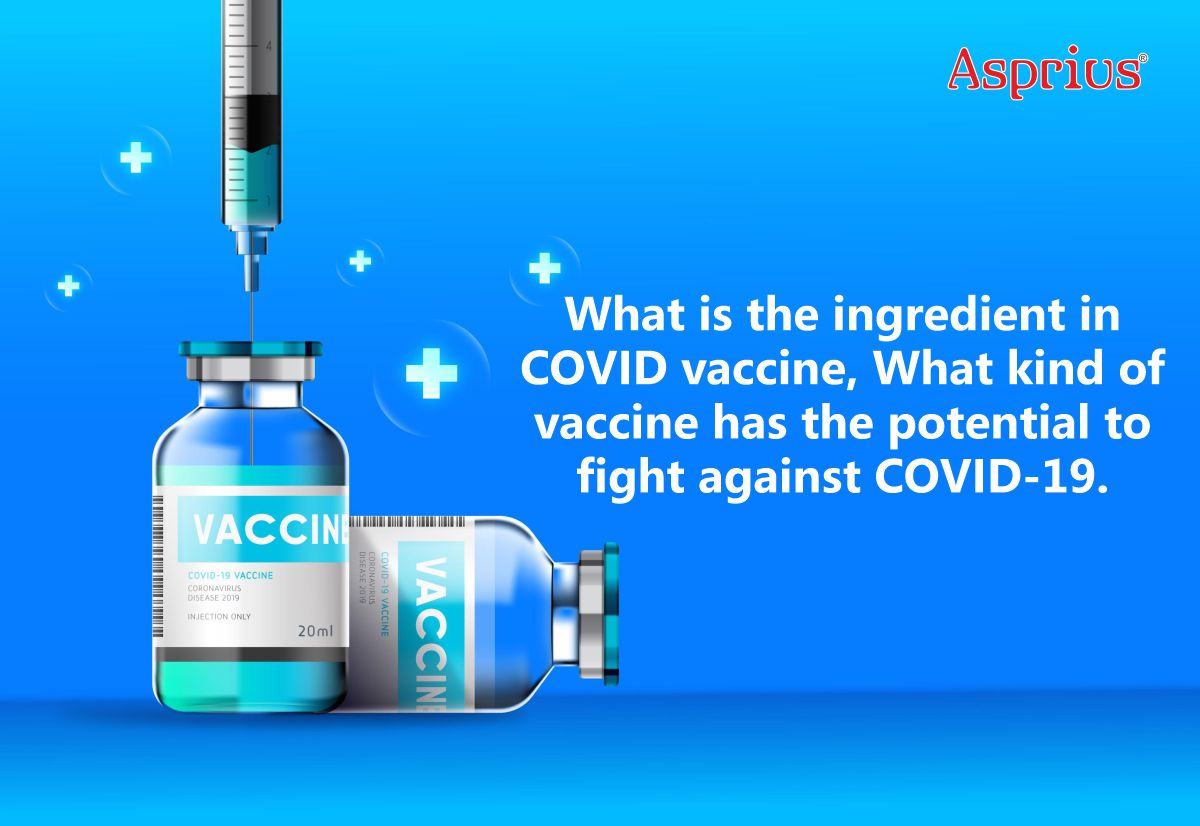
Dr. Sanjay Agrawal
Leading Pharmaceutical consultant and editor-in chief of IJMToday

Eating habits and trends in food production and consumption have health, environmental and social impacts. Diet has implications on gut health. Gut complications, such as ulcerative colitis, Crohn’s disease, irritable bowel syndrome, and gluten therapy resistant celiac, result from overgrowth and imbalance of intestinal microbial flora, and are related to one’s diet. Notably, the gastrointestinal tract is sterile at birth; intestinal microflora develops after birth, with the colonization rate varying according to factors such as the mode of birth, infant nutrition, antibiotic use, diet and age. Gut health determines an individual’s overall health. Gut malfunction, therefore, has a direct negative impact on human health. From more southern healthy diets (rich in fruits
And vegetables), to the northern ones (rich in animal fat and animal food products). In spite of the fact that today’s consumers are increasingly attentive to food safety, quality and health-related issues, the population is fighting with the diseases of a modern age such as obesity, osteoporosis, cancer, diabetes, allergies, stress and dental problems Increased energy uptake, unbalanced diets, and highly processed foods used in fast food products are huge problems.
Consumers are concerned about how their health care is managed, and priced. The expensive, disease-treatment approach prevalent in modern medicine has forced the consumer to seek alternative beneficial products and is making nutraceuticals particularly appealing. Nutraceuticals (referred to as phytochemicals or functional foods) are natural bioactive, chemical compounds that have health promoting, disease preventing or medicinal properties. Nutraceuticals are found in products emerging from (a) the food industry, (b) the herbal and dietary supplement market, (c) pharmaceutical industry. The present article reviews the general concept, categories and nutraceuticals need in medicine. The term ‘nutraceutical’ was coined in 1979 by Stephen DeFelice, founder and chairman of the Foundation for Innovation in Medicine located in Cranford, New Jersey. It was defined as ‘a food or part of food, which provides medical or health benefits, including the prevention and treatment of disease .
Nutraceuticals range from isolated nutrients, herbal products, dietary supplements and diets to genetically engineered ”designer” foods and processed products such as cereals, soups and beverages. The goal of achieving an optimal or maximal state of nutrition and health is becoming an increasing challenge with the introduction of many nutraceuticals . Nutraceuticals are useful to reduce the risk of cancer, heart disease and also to prevent or treat hypertension, high cholesterol, excessive weight, osteoporosis, diabetes, arthritis, cataracts, menopausal symptoms, insomnia, diminished memory and concentration. Nutraceuticals are marketed in concentrated forms as pills, capsules, powders and tinctures either as a single substance or as combination preparations
Nutraceuticals may be considered as food, food supplement or drug like agent which may apply for health promotion, disease prevention and adjunctive supplement with the treatment of drugs. Nutraceuticals a super food today is expected to play an important role in preventative healthcare. The ageing population is giving rise to lifestyle-related diseases, like obesity which can impact the quality of life and physical health of the individuals. This can be decreased by making healthier choices and that should be earlier in life. This again brings us to focus on measures, such as a healthy diet, earlier in life to prevent people from getting ill in the future. Healthcare research, has always emphasized on the concept of PREVENTION IS BETTER THAN CURE Nutraceuticals even today are being advised as a curative measure but rather they are believed to be more beneficial as preventive food source than a curative source of food. Nutraceuticals are just new ‘superfoods’, to consider one example, which persuade people to make better choices about their diet which is playing an important role today in everyone’s life. Therefore is always a need to remind and incentivize people to make better dietary choices and promote exercise. These pill-replacing foods could invigorate demand for further new nutraceutical products designed to promote wellness. The main purpose of this article is to provide summary of the current scientific impression of nutraceuticals in comparison with today’s medicinal world to the practitioner’s,
Exploration of the new dietary products with various medicinal properties has created a renaissance in the world of health and nutritional research. These are the emerging natural foods popularly known as super foods are making the line between foods and drugs. It not only provides physiological health benefits but also different medicinal implications.
Nutraceuticals are to be taken normally as a part of our daily diet to accomplish lucrative effect. Nutraceuticals have created a new era of research to promote the quality of life of people. They can reduce the risk of disease or onset of disease by retaining and restoring normal health condition and by improving immunity. The treatment approaches followed today in modern medicine for treatment of disease are seeking complementary or alternative beneficial products to the drugs which the people today are expecting. These products, the nutraceuticals have fulfilled this gap.
Nutraceuticals play an important role based on their health promoting and diseases modifying indications. There are a variety of herbal nutraceuticals that have been efficient to cure stress due to free radicals, including allergies, Alzheimer’s disease, cardiovascular diseases, diabetes, and cancer, inflammatory as well as obesity.
The main aim of this nutritional therapy is based on the complimentary therapy with nutraceuticals as food is not only to serve as the source of energy and nutrients but also to provide medicinal benefits. Nutraceuticals help in detoxification of our body along with restoring the healthy digestion and also emphasizing the healthy dietary habits.
Nutraceuticals can be classified basing on the source of foods, mechanism of action and their chemical properties. The food sources used as nutraceuticals are all natural and they are dietary fiber, probiotics, prebiotics, PUFA, antioxidant, vitamins, polyphenols and so on.
Nutraceuticals have various bioactivities towards human body are widely being examined for their ability to provide health benefits. Nutraceutical plays an important role in preventing different disease conditions their onset and minimize complications of the disease. It provides protection against various non communicable diseases, helps in delay ageing process, increases the life expectancy and improves function and immunity of the body.
The scope of nutraceutical field is huge both in terms of type and the varieties of the nutraceutical product. Nutraceutical industry now India is one of the rapidly growing markets. Both higher and upper middle class people are perceiving nutraceuticals as important alternatives to prescribed drugs and exclusively for their beneficial properties without any side effects. Consumers are now showing sharp interest in nutraceuticals for boosting energy and also for improving their physical endurance and also mental alertness. Nutraceutical industries are also focusing to develop new products with innovative formulations for choosing the right products to the consumers and improve the quality of life.
Nutraceuticals therefore have significant role in the promotion ofhuman health and prevention of disease of all age groups. They are widely accepted by all age groups mainly due to their safety, higher quality, purity, efficacy, health promoting and disease curing abilities and activities. This is going to be the newest trend towards nutraceuticals leading to new era of medicine and health. It is still in the stage of infancy in India. In this era of medicines we must say “let the food be your medicine of choice” and “nutraceuticals daily usage can keep the medicine away”.
Nutraceuticals have always received considerable zest for their safety profile, high nutritive and therapeutic effects. These are being used as alternatives to modern medicines that would promote quality of health, increase the nutritive value of the diet and would prolong the life expectancy. Major constituents of the nutraceuticals are herbal extracts, different nutrients and dietary supplements. These are involved in preventing different diseases and also minimizing pathophysiology of the diseases too. It also acts on the immune system boosting the immunity, as a natural antioxidant, anticancer, anti-inflammatory, antidiabetic, cardio protective, organ protective agent and also with different health promoting effects. Ultimately, the main motto of these is they ensure better quality of life.
Therefore nutraceuticals should always be considered as a preventive approach than a curative approach which might be helpful to reduce the use of drugs and increase the quality of life of people and also to formulate further innovative research plan in new domain on nutraceuticals.
Nutraceuticals market today has become one of the booming markets with fast moving health goods, over the counter and fast moving consumer goods in domestically and globally. Nutraceuticals play a vital role in curbing the health issues and provide medicinal and health benefits for the treatment of diseases. The potential of this market is increasing particularly in Asia-Pacific region due to the challenging lifestyle of the people who are looking for a modern and quick approach to fight against diseases or to prevent them.
The rise in life expectancy and subsequent increase in lifestyle diseases, nutraceuticals have emerged as a necessity for consumers. Nutraceuticals are often defined as any food or part thereof which provides health benefits including prevention or treatment of disease. The idea behind the concept of nutraceuticals is to safeguard sickness, in accordance with the famous saying by the Greek physician, Hippocrates – the father of medicine – who quoted as: “let food be your medicine.” It is worth noting that the Hippocratic Oath that doctors take is based on his philosophy of medicine.
A nutraceutical is basically a product isolated or purified from foods that is generally sold in medicinal forms not usually associated with food and demonstrated to have a physiological benefit or provide protection against chronic diseases. Such products may range from isolated nutrients, dietary supplements and specific diets to genetically engineered foods, herbal products, and processed foods such as cereals, soups, and beverages. Nutraceuticals are natural or bioactive chemical compounds that are promoted and marketed globally, claiming to be health promoting and disease preventing products with medicinal properties and effectiveness and they are available in the form of isolated nutrients and dietary supplements.
Omega-3 is one of the most popular nutraceuticals today due to its importance in every body’s life.
Omega-3 fatty acids mediate anti-inflammatory effects and increased levels of EPA or DHA has shown to decrease the levels of PGE2 and 4 series-LT. Eicosapentaenoic acids compete with constitutive levels of arachidonic acid in cell membranes for the same desaturation enzymes and produce 3-series prostaglandins and thromboxanes, and 5-series leukotrienes which have low pro-inflammatory potential. The alteration in leukotriene biosynthesis due to higher concentration of omega-3 fatty acids compared to arachidonic acid underlies the anti-inflammatory effects. EPA and DHA also give rise to resolvins and related lipid signaling molecules such as protectins via cyclooxygenase and lipoxygenase pathways, which have anti-inflammatory effects. They inhibit transendothelial migration of neutrophils and inhibit TNF and IL-1β production. Omega-3 fatty acids also decrease adhesion molecule expression on leukocytes and on endothelial cells and decrease intercellular adhesive interactions. Omega-3 (or n-3) polyunsaturated fatty acids (PUFAs) and their metabolites are natural ligands for peroxisome proliferator-activated receptor (PPAR) gamma that regulates inflammatory gene expression and NFκB activation. PPAR alpha activation is also associated with induction of COX-2 expression. The role of EPA and DHA in reducing triglyceride levels include inhibition of acyl-CoA: 1, 2-diacylglycerol acyltransferase, increased mitochondrial and peroxisomal-beta-oxidation in the liver, decreased lipogenesis in the liver, and increased plasma lipoprotein lipase activity. They also may reduce triglyceride synthesis because they are poor substrates for the enzymes responsible for TG synthesis, and EPA and DHA inhibit esterification of other fatty acids.
A whole the Indian omega-3 market is not performing up to expectations due to the lack of promotional activities to make consumers aware of health benefits associated with the intake of omega-3 fatty acids. Therefore, it is imperative to look for sources of PUFA, particularly DHA and EPA, and other fatty acids for steady supply for health and nutrition of millions of people in the developing countries.




